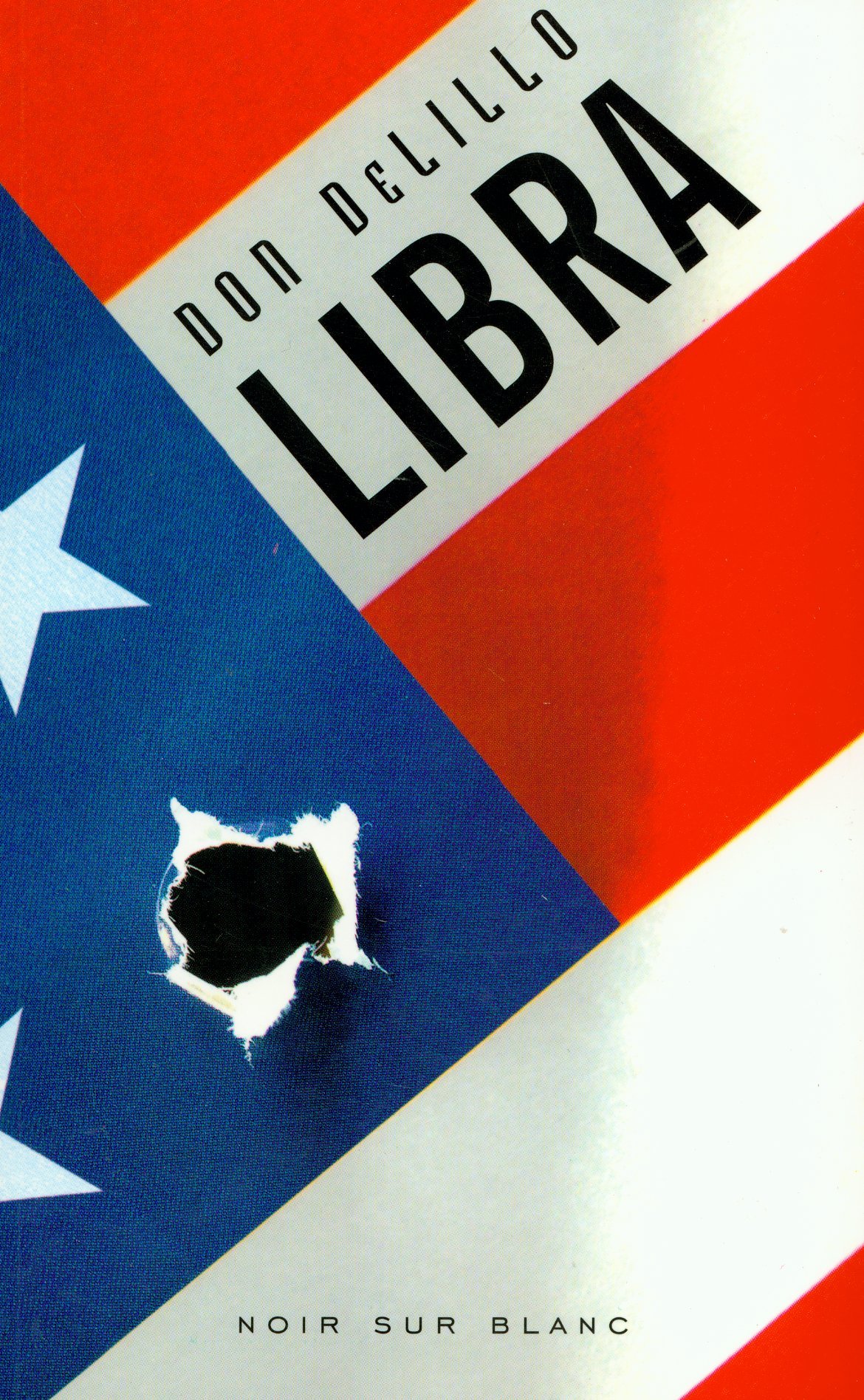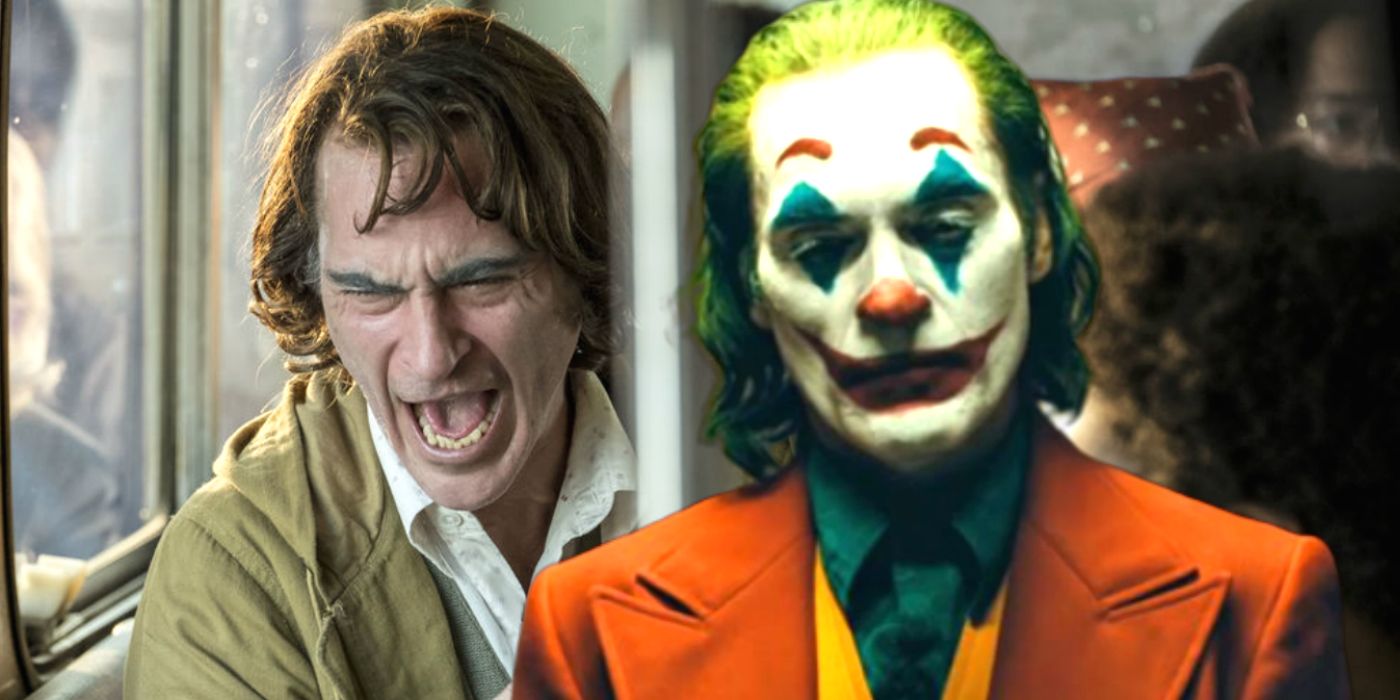What does President John F. Kennedy’s
assassinator and Batman’s arch nemesis have in common? Well, Lee Harvey Oswald
and the Joker both have been written off as villains in society. Whether it is
fictional or a real life event, the public has been informed to fear and oppose
these people due to their heinous and inhumane acts. However, if you were to
learn about their stories before they were considered evil or corrupt, would
your perspective change? Don
DeLillo, the author of Libra, and Todd
Phillips, the director of Joker, both used Lee’s and Joker’s background
information and their situations to rewrite their storylines in order to create
more humane “villains.”
Other than being considered the antagonist in
someone else's story, Lee and the Joker share similar background situations. We
learn that they were both bullied, tormented, isolated, and mistreated by their
peers. Already from early years in life they endured many traumas, and
knowing this causes the audience to sympathize for them. In Libra, Lee struggled with dyslexia and was bullied almost every
day. It got so bad that he would skip school and was served with truancy. Lee did not have friends, nor did he trust anybody enough to confide in. The only
place where he felt safe was the library because books and learning about
Communist and Marxist figures were the only things he felt like he could
connect to. Spending time learning about Trotsky, Lenin, and Stalin sets the
tone as to why he opposed Democracy and supported Communist/Marxists efforts;
these figures have been through isolation and torment, therefore, their efforts
could serve the public best. As for the Joker, we learn that his name was
Arthur Fleck, and all he wanted to be was a stand-up comedian. Comedy to him
was about joyfulness and laughter. He loved kids, loved to smile and he took
care of his mother, despite the fact that he was dealing with his own mental
health issues due to abuse as a child. In the beginning of the film he talks to
his clinical social worker and states, “I hope my death makes more cents than
my life.” In this scene you feel for him because he does not have anybody to
talk to because he is deemed a “freak.” Between these two characters their innocence
were taken away from them due to societal factors, and some of these factors are what
pushed them to do the things that they did. Since the audience has learned
about Lee’s and Joker’s struggles in life, you are forced to see
them in a more humane way to the point where you are able to sympathize for
them.
Even though DeLillo and
Phillips both try to recreate humane villains, they take different approaches. DeLillo
used a factual event, the assassination of JFK and the Cold War, and rewrote
the story based off the theme of conspiracy. The conspiracy aspect of the
plot was that three FBI agents manipulated Lee into assassinating the
President. DeLillo stylistically and structurally designed abstract hypotheses,
altered reality, introduced characters, and even added some of his own
critiques into the text. On the other hand, Phillips directed Joker as a downward
spiral in which Arthur Fleck is falling into madness, and slowly becomes the
Joker. The audience first sees how Arthur yearns to be a part of society but is
continuously mistreated and disregarded. Due to continued abonnement and mistreatment,
Arthur turns into the Joker and realizes that his life is a comedy in which
people treat others with disregard and disrespect for their own self-gain. Ironically,
the Joker becomes a political figure for the lower social class. Despite the
fact these are different realities and different approaches, DeLillo and Phillips explore
the origins and the stories of Lee and Joker.
By focusing on the
situations and identity of Lee and Joker, DeLillo and Phillips emphasize
that stories are not one-sided but rather filled with complexity. I personally
learned that life is all about perspective and that society has to do better. Society
is based off human interaction where we grow, protect, and support one another,
and it is up to us to make sure that everybody is a part of that, so we do not
create more villains.
By: Etana Sissoko





No comments:
Post a Comment